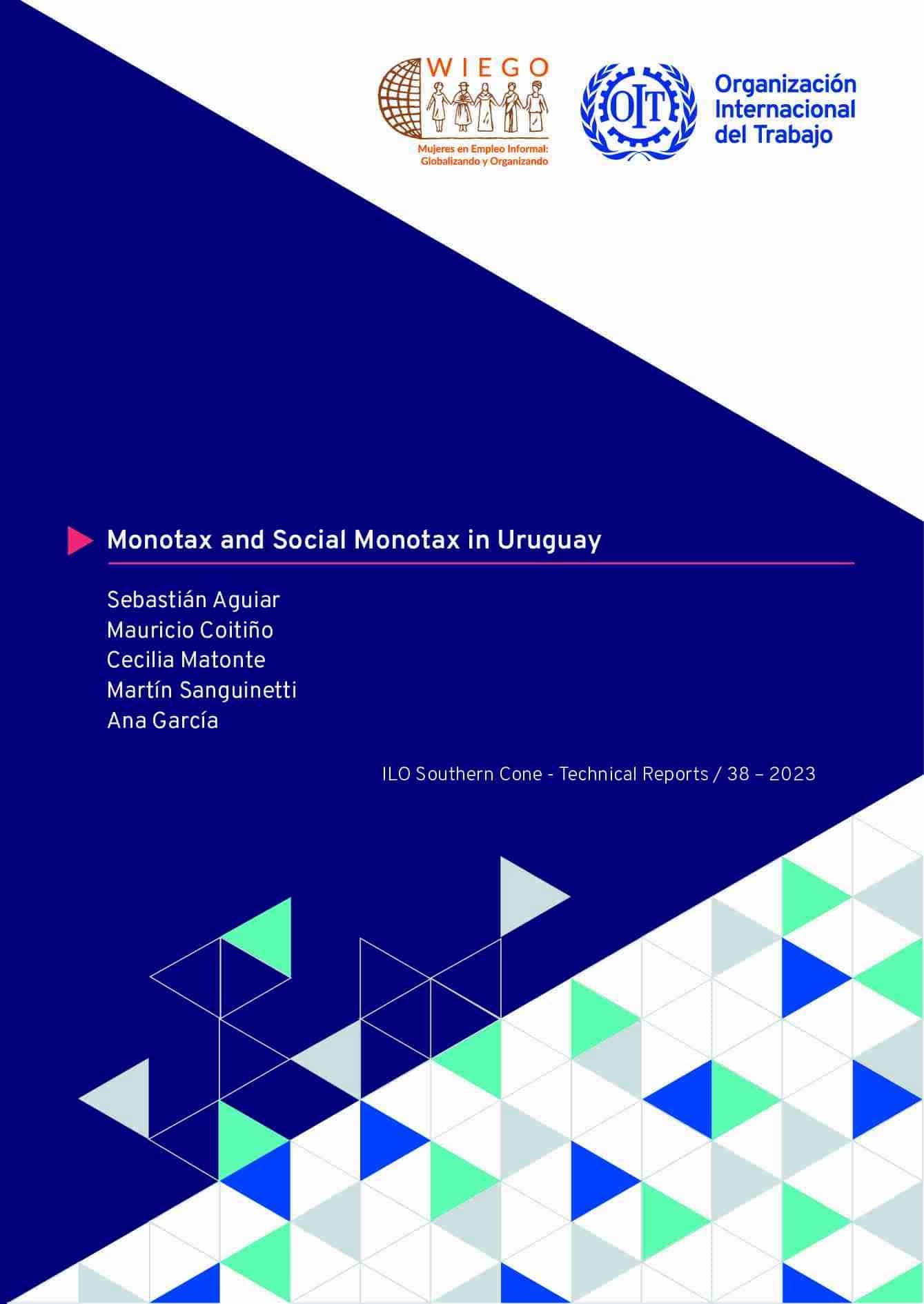Monotax and Social Monotax in Uruguay
In Uruguay, informal work has reduced by half since the beginning of the 21st century: from 43% in 2001 to 21.5% in 2022. One of the measures associated with this reduction was the implementation of the Monotax: a regime of simplified and minimum contributions, which allows access to retirement, maternity, and illness insurance and, with an extra payment, provides access to health care. Since its creation in 2001, with successive reformulations and the creation in 2011 of an additional regime focused on the most vulnerable population (Social Monotax), the Monotax regime currently covers 2% of the country’s workers, 40% of own account workers, and 14 to 23% of the informal self-employed workers who could potentially access the regime; 57% of Monotax registrants are women. The general evaluation of the experts is positive, although there is little specific research. Some of the criticized aspects are the limitations of the social protection provided, and the possible consolidation of a “second-class social security regime”, with fewer benefits, from which it is difficult to progress to the general regime with better social protection (through considerably higher contributions). This study, carried out between September 2022 and January 2023 - produced in collaboration between the Women in Informal Employment: Globalising and Organising (WIEGO) network and the International Labour Organization (ILO) - seeks to provide an updated and qualitative dive into the motivations, opinions, assessments, experiences, perceptions, and suggestions of Monotax workers. It sheds light on how single taxation contributes to the transition to formal employment and greater social security coverage.
View list of all: City/Country Level Reports

